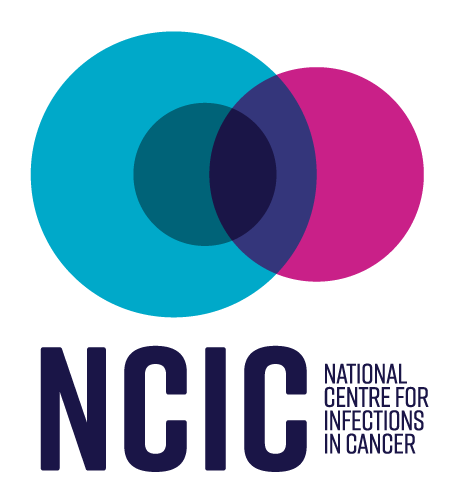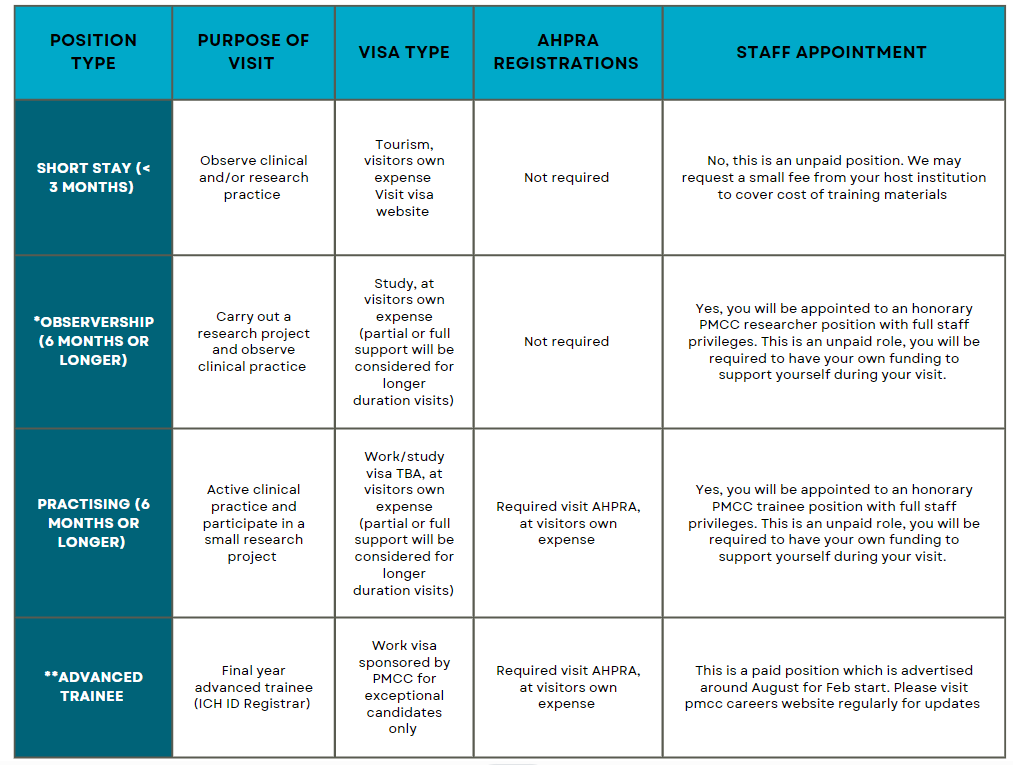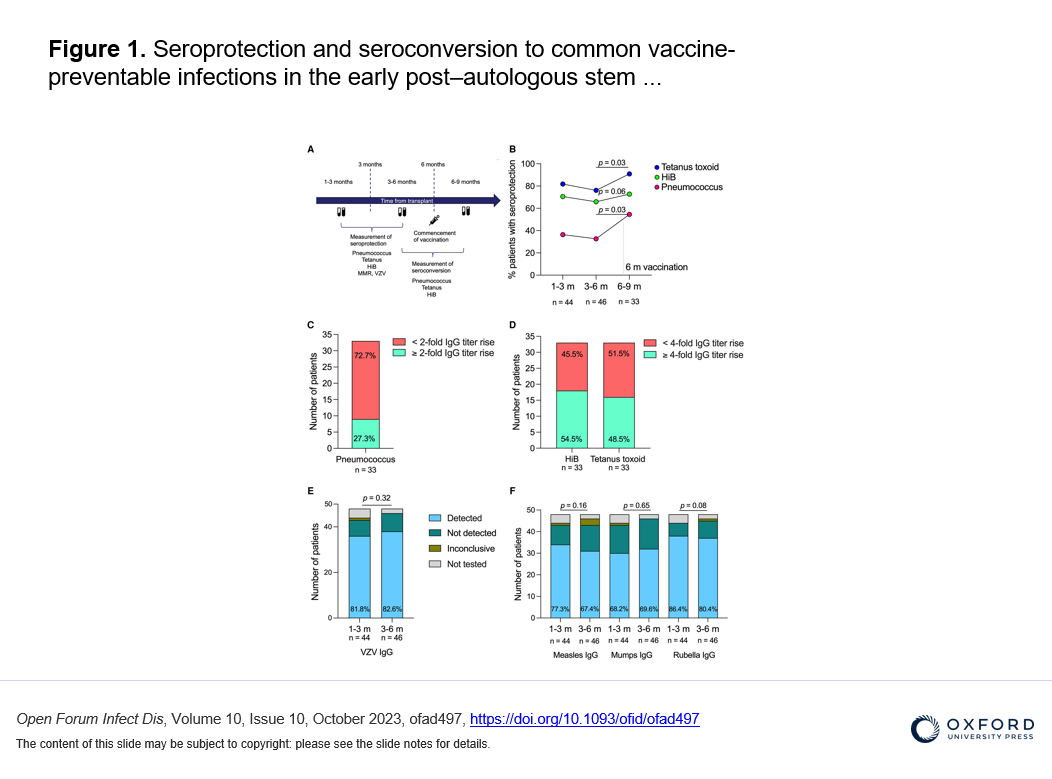Dear all,
Welcome to NCIC’s first newsletter of 2024. Join us as we aim for a fantastic year full of research, events and updates about Infections in Cancer within Australia and globally. The beginning of this year will host many exciting events connecting colleagues from across the world.
NCIC Team 2024
From left, (front) Belinda DePoi, Rachel Woolstencroft, Paul Kinsella, Zoe Neoh, Karin Thursky, Monica Slavin, Victoria Hall, Abby Douglas, Elizabeth Gillespie, (middle) Emily Klimevski, Zahra Alizada, Gemma Reynolds, Paul Lawton, Michelle Yong, Megan Crane, (back) Eve Jelovcan, Jess Demajo, Hayley Page, Ben Teh, Vlada Rozova, Nikhil Singh
Upcoming Events
The International Immunocompromised Host society – The 23rd Biennial Symposium
We are very excited to welcome you to the 23rd ICHS Conference in Antalya, Turkey!
Please register your attendance
A limited number of awards will be offered to fellows and early career scientists with accepted abstracts. Those who wish to be considered in this category should select the respective box when submitting an abstract in the abstract submission system. We strongly encourage application for the travel award!
ECCMID 2024
As a part of the executive committee of the Immunocompromised Host Group (ESCICH), I encourage more Australians to join membership. Myself and several other NCIC staff and students (including Dr Michelle Yong, Dr Ben Teh and Dr Victoria Hall) will be presenting alongside our colleagues from all around the world.
As a member you will gain access to upcoming educational activities and surveys of infection in ICH programs and educational needs.
ECCMID has become one of the most comprehensive and influential congresses in the field of infection and an exciting networking place bringing together >16,000 colleagues from all over the world. Share and discuss your research with colleagues from around the world.
Early bird registrations close on the 14th of February 2024!
Please register now to gain access to this 34th ECCMID conference.
The NCIC team looks forward to the 34th ECCMID conference, 27-30th of April 2024 in Barcelona, Spain. The conference will adopt a hybrid style, where if you may not be able to physically attend you can log on virtually from anywhere.
Also meeting at ECCMID will be the ESCMID Study Group for Respiratory viruses (ESGREV).
They are encouraging membership from around the world, so please register now! NCIC Dr Michelle Young was featured in the December ESGREV newsletter, which also has lots of information about Respiratory viruses including IN immune compromised.
CRE RESPOND Workshop: Population pharmacokinetic modelling and dosing software 5 - 7 March 2024.
Join us on the 5-7th of March for the Antimicrobial Optimization Workshop; an intensive three-day course designed to teach population pharmacokinetic modelling.
This event is suitable for health care practitioners involved in complex drug dosing including clinical pharmacists, infectious diseases physicians, intensive care physicians, transplant physicians and clinical pharmacologists. Also suitable for basic researchers including pharmacologists and translational scientists.
Please register by the 26th of Feb, to secure a spot within this highly popular workshop capped at 35 registrations (to work in small groups supported by tutors).
Announcements
Congratulations to Dr Abby Douglas and Gabrielle Haeusler for being awarded NHMRC Investigator grant!
Dr Abby Douglas Project ’Improving outcomes in high-risk cancer patients through rational antimicrobial use
Life threatening infection frequently occurs in patients with low white blood cells following chemotherapy for blood cancer and bone marrow transplants. Antimicrobials are lifesaving, however for over 50 years there has not been a change in the standard procedure to use them at the onset of fever and to continue their use until the white blood cell count has returned to normal. Fever is not always due to infection and prolonged use of antibiotics is associated with poor outcomes like antibiotic-resistant infection. This program will study new cutting-edge diagnostic tests and clinical trials of antibiotic cessation to reduce antibiotic use and improve patient care.
Dr Gabrielle Haeusler Project - Reducing the burden of infection for children with cancer
Dr Gabrielle Haeusler
Dr Haeusler’s research program will explore new ways to detect and monitor complicated infections, assess the safety of shortening antibiotic courses and develop national guidelines for infection management to improve outcomes of childhood cancer.
“My vision is to eliminate the burden of infection in children undergoing cancer treatment,” she said. We will achieve this by using innovative research methods, such as trials into electronic medical records and planning pathways for implementation of results into practice.”
NCIC Unit Meetings
We invite you to join us for our weekly Unit meeting featuring case discussions and research reports from NCIC staff and students.
Takes place every Thursday: 12.30 - 13:30 pm (AEST)
Interested in joining us? NCIC Visiting fellow program
Dr Pedro Puerta-Alcalde was our visiting ID physician fellow from Hospital Clinic de Barcelona, Barcelona Spain. He is a highly regarded clinician researcher with special interest in fungal and bacterial infections in immune-compromised hosts. He leads a large international multisite study investigating the incidence and risk factors for relapse of Clostridioides difficile infection in cancer patients (CIRCA study) with sites involved in Australia and Spain.
The NCIC visiting fellow program aims to enhance infection management skills for diverse cancers and transplant recipients in a tertiary Centre pioneering new cancer therapies.
The NCIC offers honorary positions for overseas fellows to come and work with the NCIC team, in Melbourne. We welcome you to express your interest by contacting NCIC manager, Dr Megan Crane for more information on any of the honorary positions we have available.
Dr Pedro Puerta-Alcalde
NCIC’s visiting physician fellow from Hosptial Clinic de Barcelona
Feature Paper
Hall VG, Saunders NR, Klimevski E, Tennakoon GS, Khot A, Harrison S, Worth LJ, Yong MK, Slavin MA, Teh BW.Open Forum Infect Dis. 2023 Oct 5;10(10):ofad497. doi: 10.1093/ofid/ofad497. eCollection 2023 Oct.
In patients early post-autologous stem cell transplant, seroprotection rates were high for Hemophilus influenzae type B and tetanus toxoid (70%-90%) but lower for Streptococcus pneumoniae (30%-50%) including after revaccination. There were high rates of seropositivity (67%-86%) to measles, mumps, and rubella and varicella zoster virus. Durability of protection requires assessment.
Recent NCIC Publications
Infections in hematology patients treated with CAR-T therapies: A systematic review and meta- analysis. Reynolds GK, Sim B, Spelman T, Thomas A, Longhitano A, Anderson MA, Thursky K, Slavin M, Teh BW
Evaluating the cost-effectiveness of [18F]FDG-PET/CT for investigation of persistent or recurrent neutropenic fever in high-risk haematology patients. Tew M, Douglas AP, Szer J, Bajel A, Harrison SJ, Tio SY, Worth LJ, Hicks RJ, Ritchie D, Slavin MA, Thursky KA, Dalziel K.
Guidelines for the management of Toxoplasma gondii infection and disease in patients with haematological malignancies and after haematopoietic stem-cell transplantation: guidelines from the 9th European Conference on Infections in Leukaemia, 2022. Aerts R, Mehra V, Groll AH, Martino R, Lagrou K, Robin C, Perruccio K, Blijlevens N, Nucci M, Slavin M, Bretagne S, Cordonnier C; European Conference on Infections in Leukaemia group.
Extended duration of letermovir prophylaxis: how long is long enough? Douglas AP, Slavin MA.
Consensus position statement on advancing the standardised reporting of infection events in immunocompromised patients. Teh BW, Mikulska M, Averbuch D, de la Camara R, Hirsch HH, Akova M, Ostrosky-Zeichner L, Baddley JW, Tan BH, Mularoni A, Subramanian AK, La Hoz RM, Marinelli T, Boan P, Aguado JM, Grossi PA, Maertens J, Mueller NJ, Slavin MA.
Costs associated with invasive Scedosporium and Lomentospora prolificans infections: a case-control study. Neoh CF, Chen SCA, Kong DCM, Hamilton K, Nguyen QA, Spelman T, Tew M, Harvey EL, Ho SA, Saunders NR, Tennakoon S, Crowe A, Marriott D, Trubiano JA, Slavin MA.
Non-viral pathogens of infectious diarrhoea post-allogeneic stem cell transplantation are associated with graft-versus-host disease Rees M, Rivalland A, Tan S, Xie M, Yong MK, Ritchie D.
CMV antiviral stewardship in transplantation - the next frontier Yong, MK.
Kind regards,
Prof Monica Slavin, MBBS, MD, FRACP, FAAHMS
Head, Department Infectious Disease, Peter MacCallum Cancer Centre
Professor of Infection in Cancer and Transplantation, University of Melbourne Department of Infectious Diseases and the Sir Peter MacCallum Department of Oncology
Director, National Centre for Infections in Cancer and Transplantation












